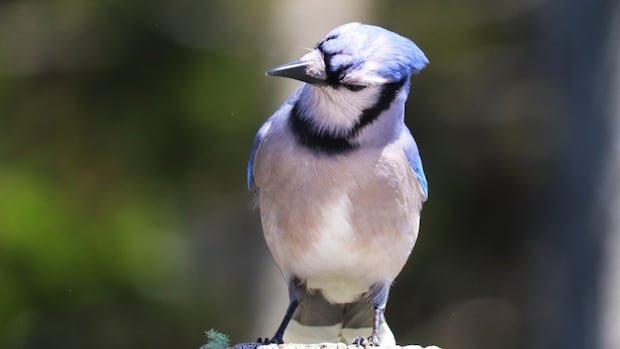A University of Saskatchewan researcher is leading a study on the impact of wildfires and smoke on birds, particularly songbirds. Catherine Ivy, an assistant professor in the college of arts and science at the university, is passionate about birds and is spearheading this project.
The 2023 wildfire season in Canada was the most severe on record in terms of the area burned, with the 2024 season being the second-worst since 1995. Despite anecdotal evidence suggesting that birds are affected by wildfire smoke, there has been no formal research conducted on this issue. While a single wildfire event may not harm birds, repeated exposure could have adverse effects.
Ivy emphasized the lack of research on how wildlife, including birds, are impacted by wildfire smoke compared to the extensive studies done on humans and lab animals. Understanding these effects is crucial in addressing the decline in bird populations, especially considering changes in migratory routes due to various environmental factors.
The research project aims to observe migratory birds that travel long distances and compare those exposed to wildfire smoke with those that are not. Ivy highlighted the importance of filling the knowledge gap regarding the impact of wildfire smoke on wildlife, as these animals are exposed to outdoor conditions year-round.
Funding for the project was provided by the Natural Sciences and Engineering Research Council (NSERC) discovery grant program, supporting the research efforts to investigate the effects of wildfires and smoke on bird populations.


